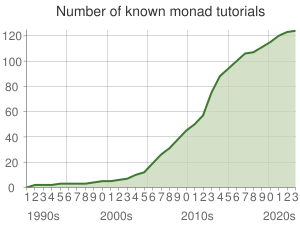You can generate some wonderful examples using Google Translate.
For example take the English sentences
"Man, that dope ride is sick! My mom is sick, she's got pneumonia."
Translate them to a foreign language. Then copy that text and paste it back into Google translate, back to English.
The above two sentences, translated to Mongolian, then back to English, become:
"Man, he was sick to go dark! My mother has pneumonia, he is sick."
Idioms, synonyms, and slang will be butchered horribly by your spell. Note that even Google's far more complex algorithm fails with the slang use of sick. It even gets gender wrong in the translation, since I promise that my mother is not a "he."
Another example:
"I loved her. We made love under the lovely moon."
To Mongolian and back to English becomes
"I loved him. We made love under the beautiful moon."
Google made me gay.
While I have nothing against homosexuality, I'm not in favor of translation tools forcing a change to my sexual orientation.
The above two examples were truly random word choices on my part. But I can only imagine how your word-for-word translator would choke on complex diplomatic language.
A final example of that, the 1st sentence to the US Declaration of Independence is:
When in the Course of human events it becomes necessary for one people to dissolve the political bands which have connected them with another and to assume among the powers of the earth, the separate and equal station to which the Laws of Nature and of Nature's God entitle them, a decent respect to the opinions of mankind requires that they should declare the causes which impel them to the separation.
Translated to Mongolian and back to English, this becomes:
During the time of the event the liquidation of one of those bands by connecting them and a political need to wait among the world powers, the separate and equal environment, nature and God, the basis for legislation, they release a good opinion of mankind honor required to declare the reasons impel them.
Again, this is with Google, which is using a more complex translation algorithm than your word-for-word. But similar shenanigans would occur.
Also, your spell's "artificial intelligence" would need to grasp synonyms and their meaning. For example, ancient Greek had five words that roughly translate into the single word "Love" in English. Or if this is a sound-based system, would your spell cope correctly with to/too/two or their/there/they're during translations?
These are just some of the stumbling blocks you'll face.
I encourage you instead to find a small fish. It is far less likely to cause some sort of diplomatic / social incident due to translation failures.

